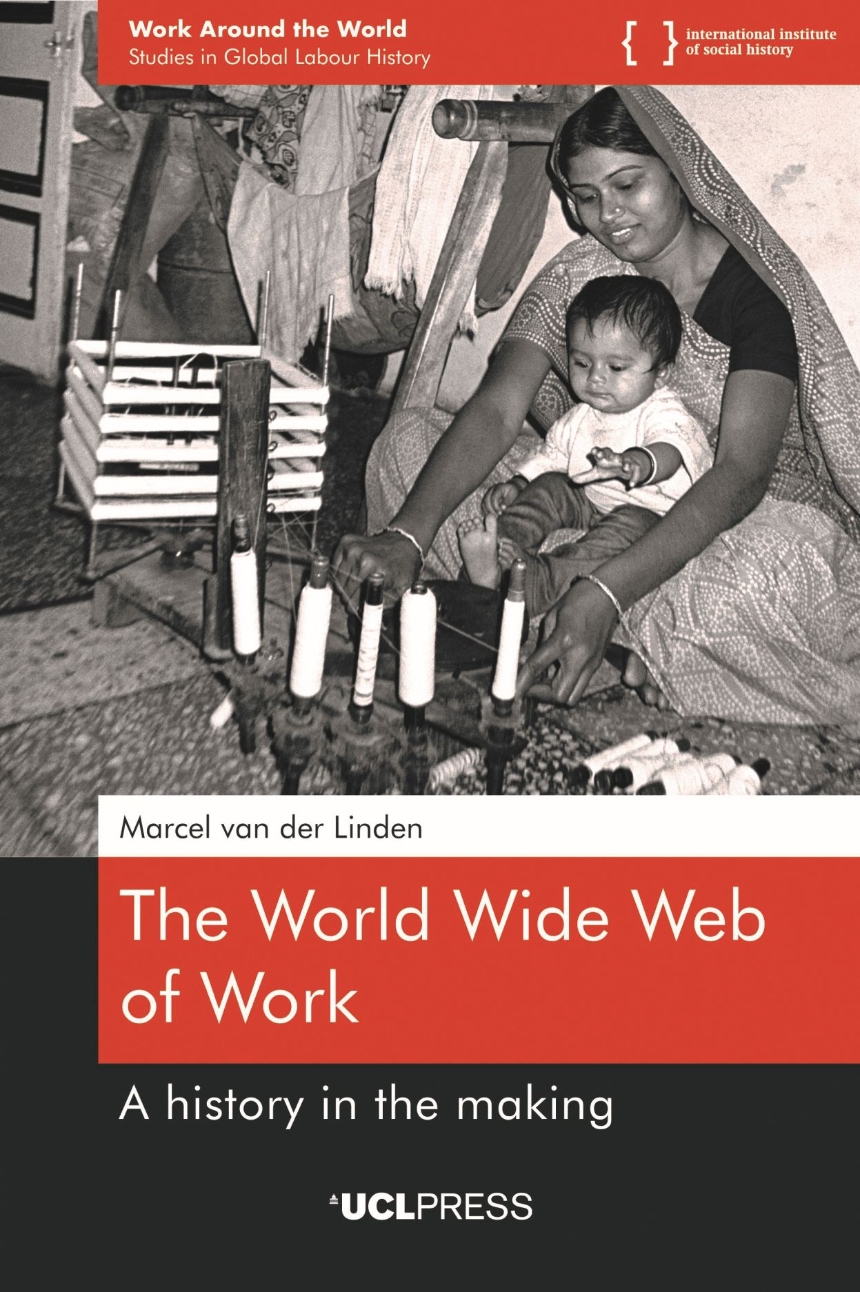A groundbreaking exploration of the core ideas and concepts of global labor history.
Global labor history is one of the fastest-growing fields of study worldwide today. This volume assembles a group of contributors from around the world to discuss the core concepts “capitalism” and “workers,” and to refine notions such as “coerced labor,” “household strategies,” and “labor markets.” It explores in new ways the connections between laborers in different parts of the world, arguing that both globalization and modern labor management originated in agriculture in the Global South and were only later introduced in Northern industrial settings. It reveals that nineteenth-century chattel slavery was frequently replaced by other forms of coerced labor, and it reconstructs the twentieth-century attempts of the International Labor Organisation to regulate work standards internationally. The book also pays attention to the relational inequality through which workers in wealthy countries benefit from the exploitation of those in poor countries. The final part addresses workers’ resistance and acquiescence: why collective actions often have unanticipated consequences, why and how workers sometimes organize massive flights from exploitation and oppression, and why proletarian revolutions took place in pre-industrial or industrializing countries but never in fully developed capitalist societies.
Global labor history is one of the fastest-growing fields of study worldwide today. This volume assembles a group of contributors from around the world to discuss the core concepts “capitalism” and “workers,” and to refine notions such as “coerced labor,” “household strategies,” and “labor markets.” It explores in new ways the connections between laborers in different parts of the world, arguing that both globalization and modern labor management originated in agriculture in the Global South and were only later introduced in Northern industrial settings. It reveals that nineteenth-century chattel slavery was frequently replaced by other forms of coerced labor, and it reconstructs the twentieth-century attempts of the International Labor Organisation to regulate work standards internationally. The book also pays attention to the relational inequality through which workers in wealthy countries benefit from the exploitation of those in poor countries. The final part addresses workers’ resistance and acquiescence: why collective actions often have unanticipated consequences, why and how workers sometimes organize massive flights from exploitation and oppression, and why proletarian revolutions took place in pre-industrial or industrializing countries but never in fully developed capitalist societies.
Table of Contents
List of tables and
figures
Provenance of the
texts
Acknowledgments
Preface, Sven
Beckert
Introduction
Challenges
1 Tree bark mysteries, or the invisible workers
2 Caribbean radicals, a new Italian saint, and a feminist challenge
3 Six insights from Gujarat
Concepts
4 Capitalism
5 Workers
6 Coerced labour
7 Household strategies
8 Labour markets
Connections
9 Global cash-crop transfers, ecology and labour
10 Slavery and convict labour: training-grounds for modern labour management
11 The abolition of the slave trade and slavery: intended and unintended consequences
12 The International Labour Organization: an appraisal
13 How some workers benefit from the exploitation of other workers
Conflicts
14 Walking fish: how conservative behaviour generates and processes radical change
15 Mass exits: who, why, how?
16 Workers and revolutions: a historical paradox
17 1968: the enigma of simultaneity
18 Epilogue: Global labour history and the crisis of workers’ movements
References
Index
figures
Provenance of the
texts
Acknowledgments
Preface, Sven
Beckert
Introduction
Challenges
1 Tree bark mysteries, or the invisible workers
2 Caribbean radicals, a new Italian saint, and a feminist challenge
3 Six insights from Gujarat
Concepts
4 Capitalism
5 Workers
6 Coerced labour
7 Household strategies
8 Labour markets
Connections
9 Global cash-crop transfers, ecology and labour
10 Slavery and convict labour: training-grounds for modern labour management
11 The abolition of the slave trade and slavery: intended and unintended consequences
12 The International Labour Organization: an appraisal
13 How some workers benefit from the exploitation of other workers
Conflicts
14 Walking fish: how conservative behaviour generates and processes radical change
15 Mass exits: who, why, how?
16 Workers and revolutions: a historical paradox
17 1968: the enigma of simultaneity
18 Epilogue: Global labour history and the crisis of workers’ movements
References
Index

